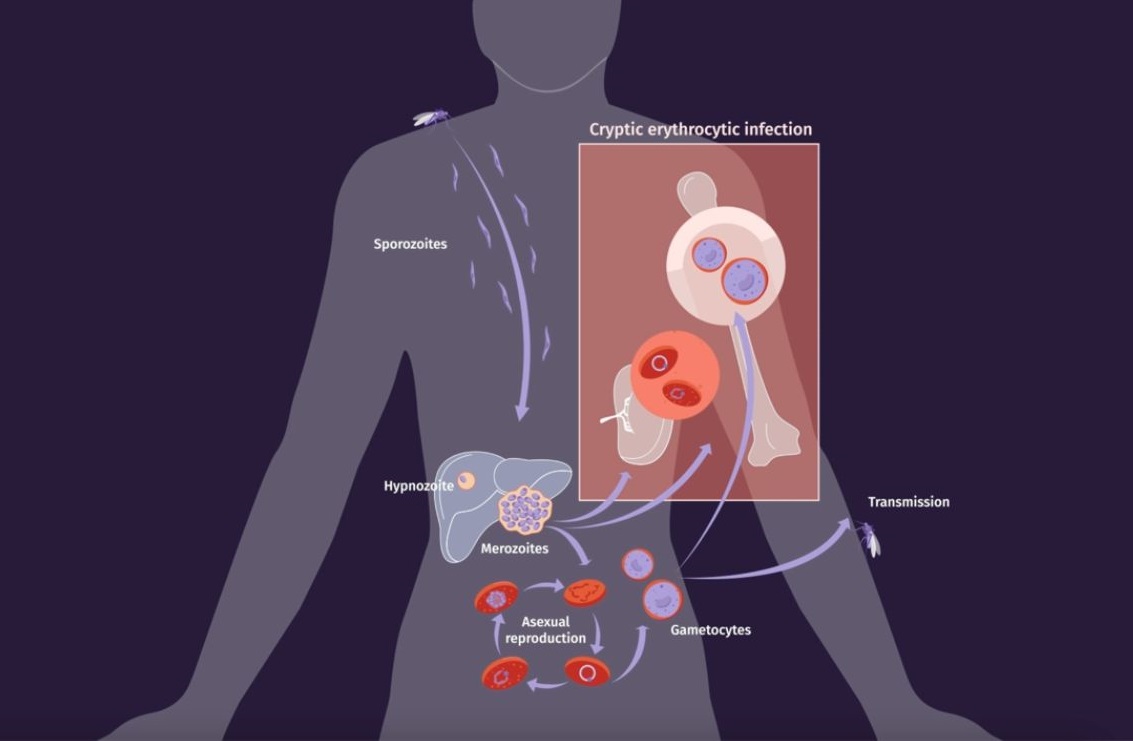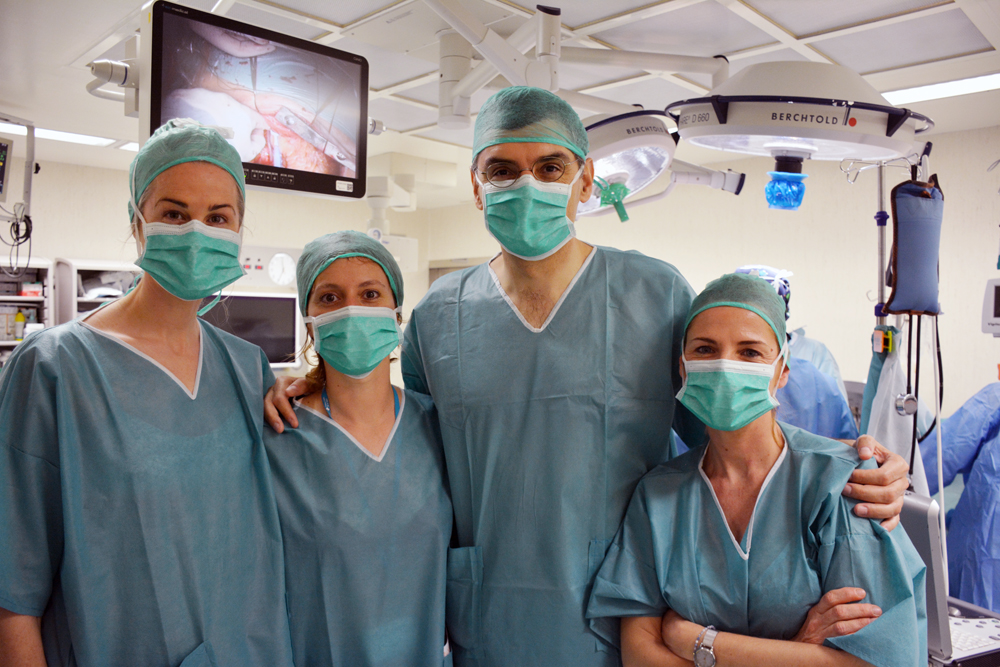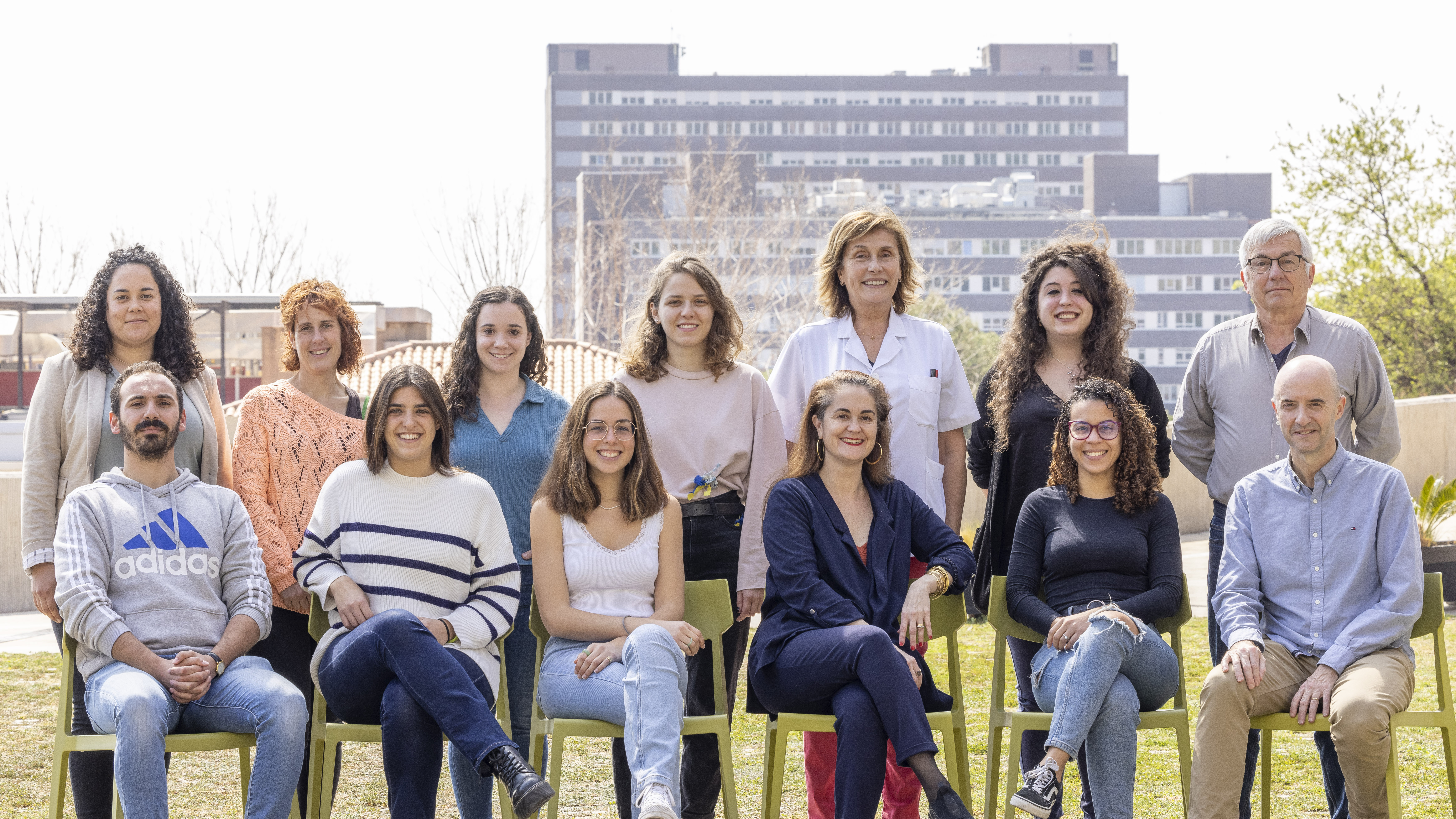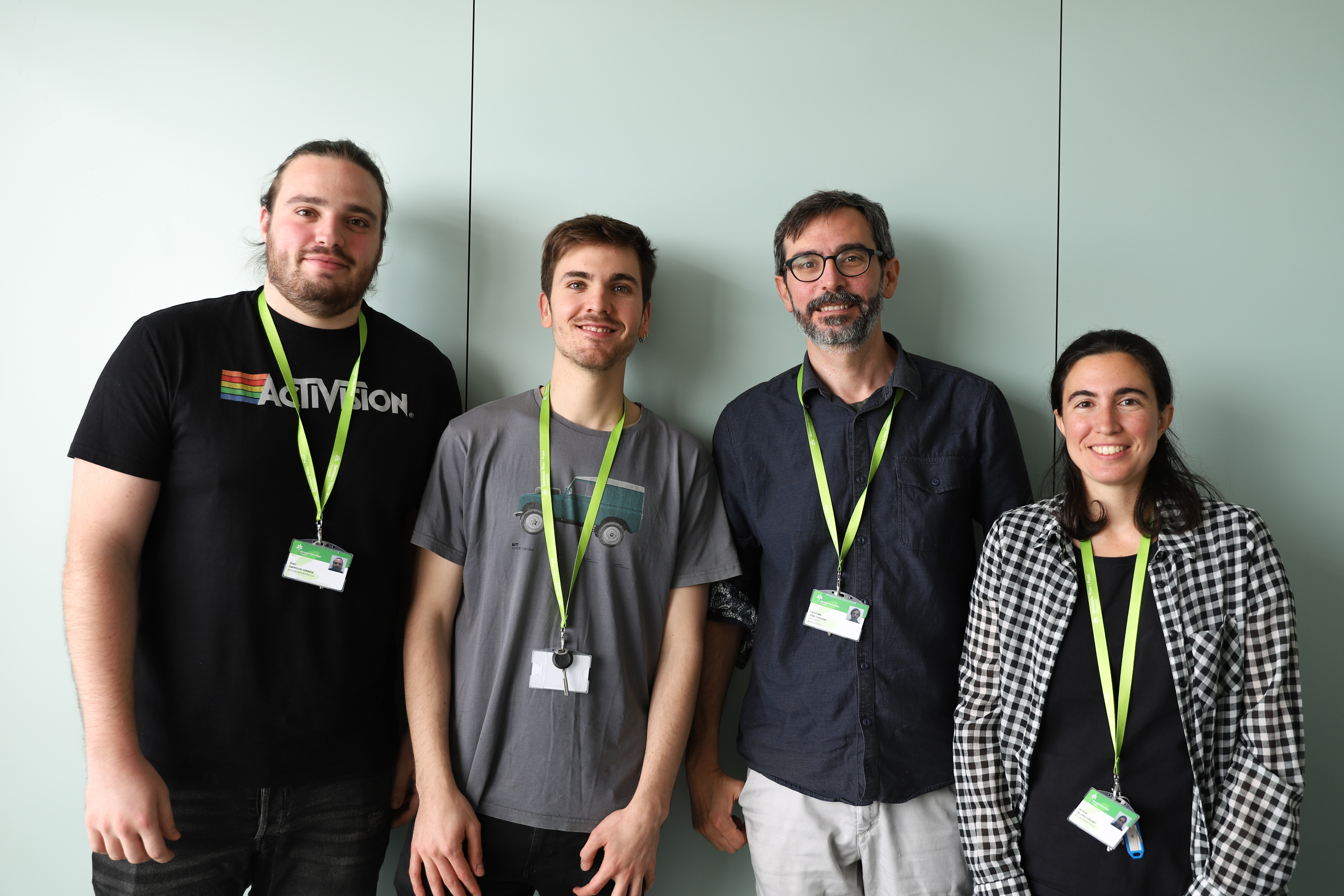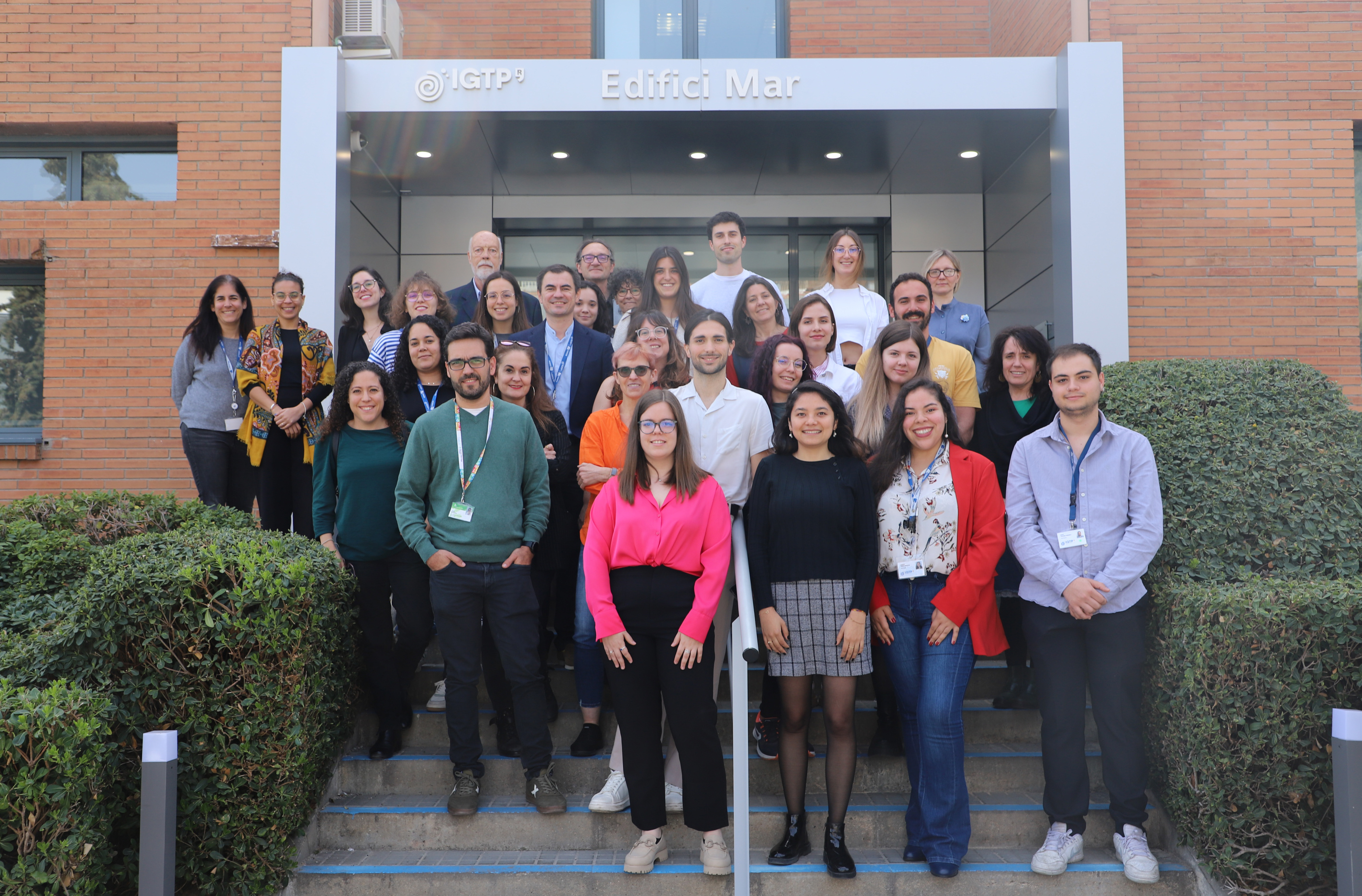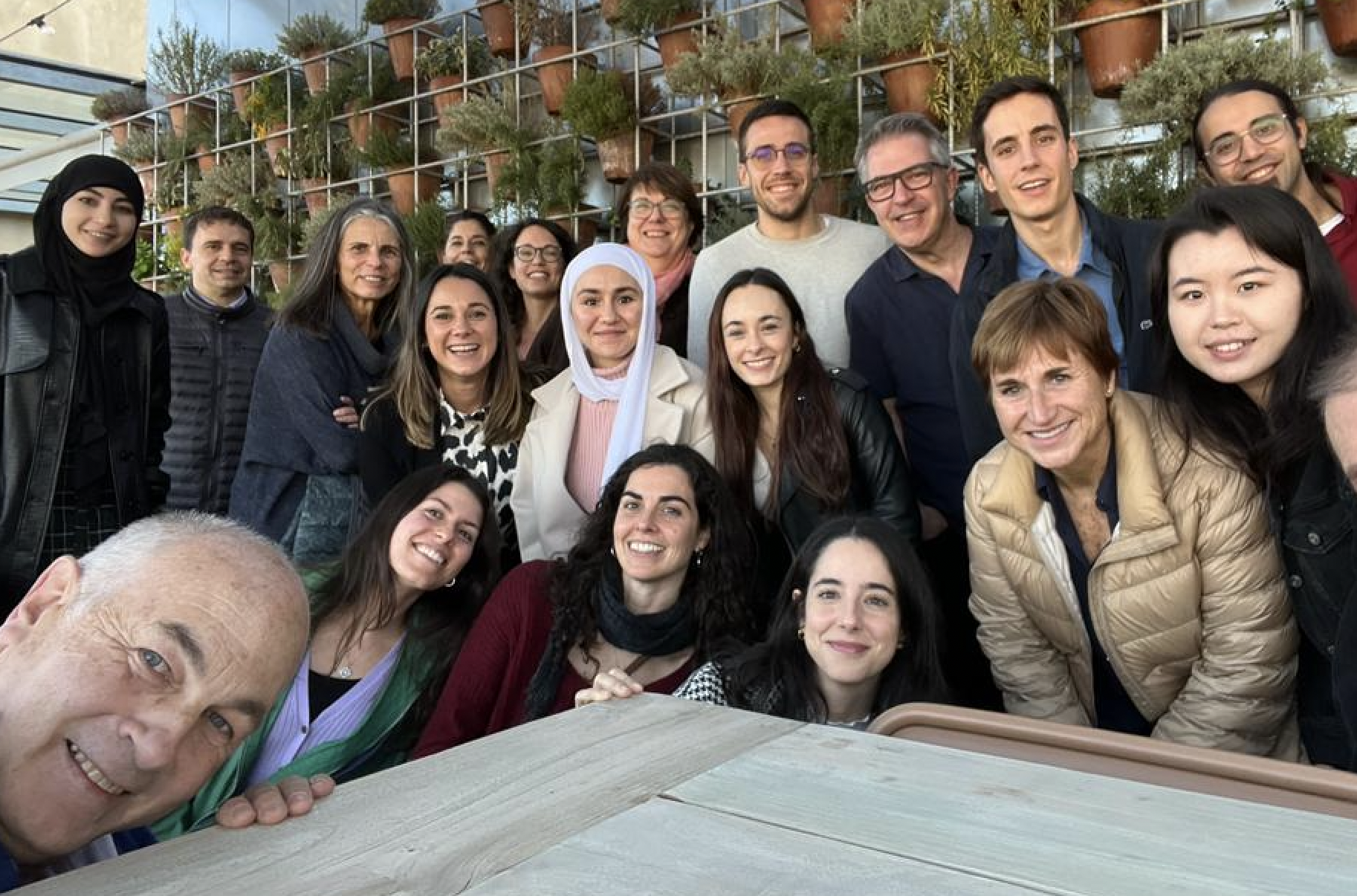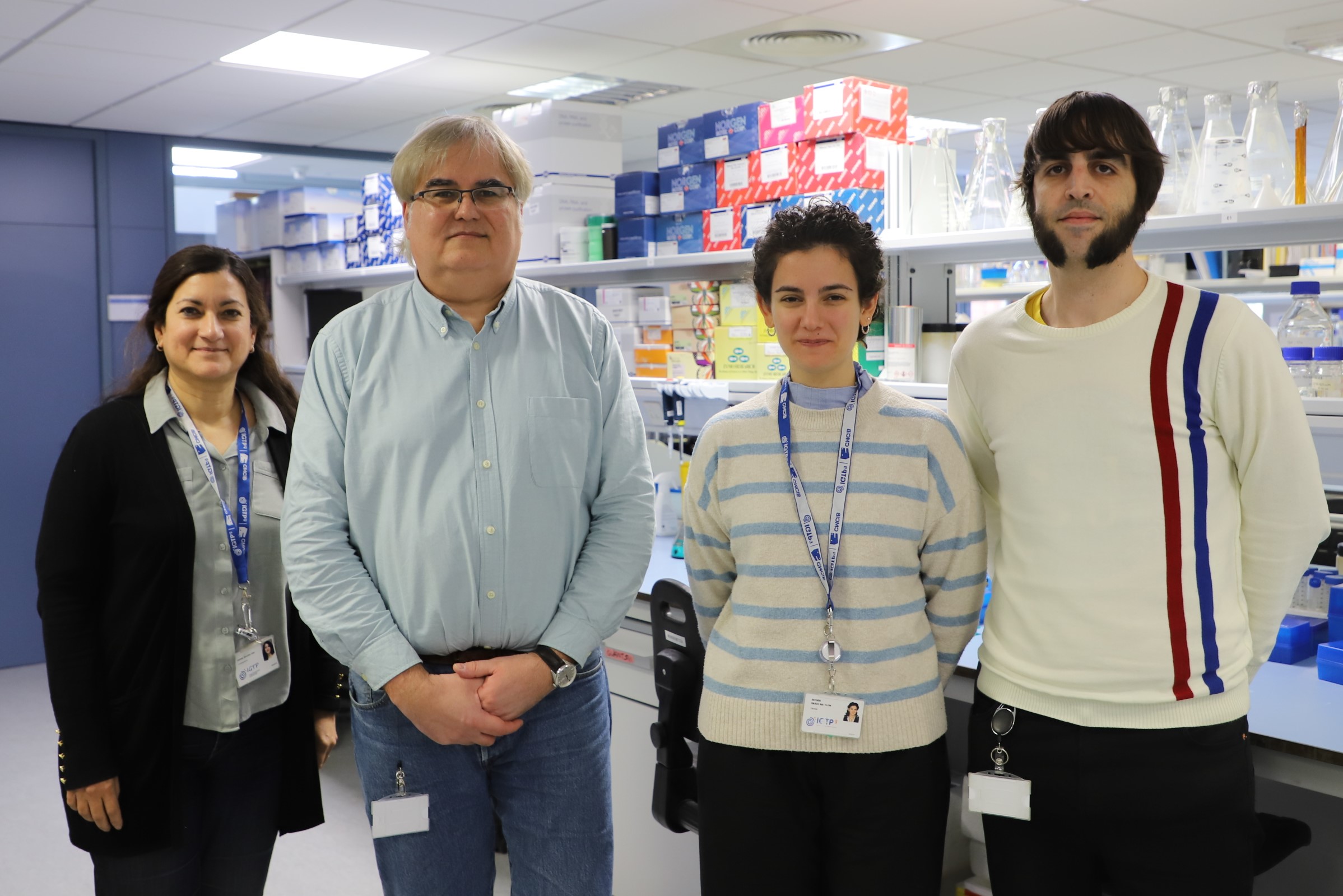A study reveals the need to review temperature control measures in hospitals to manage legionella
A work of the Clinical and Environmental Infectious Diseases Study Group (CEID) at IGTP, led by Dr Laura Gavaldà from the Bellvitge University Hospital, in collaboration with the ICO and the Barcelona Public Health Agency, has disclosed significant findings on the survival of the Legionella pneumophila bacterium in hospital water systems.



